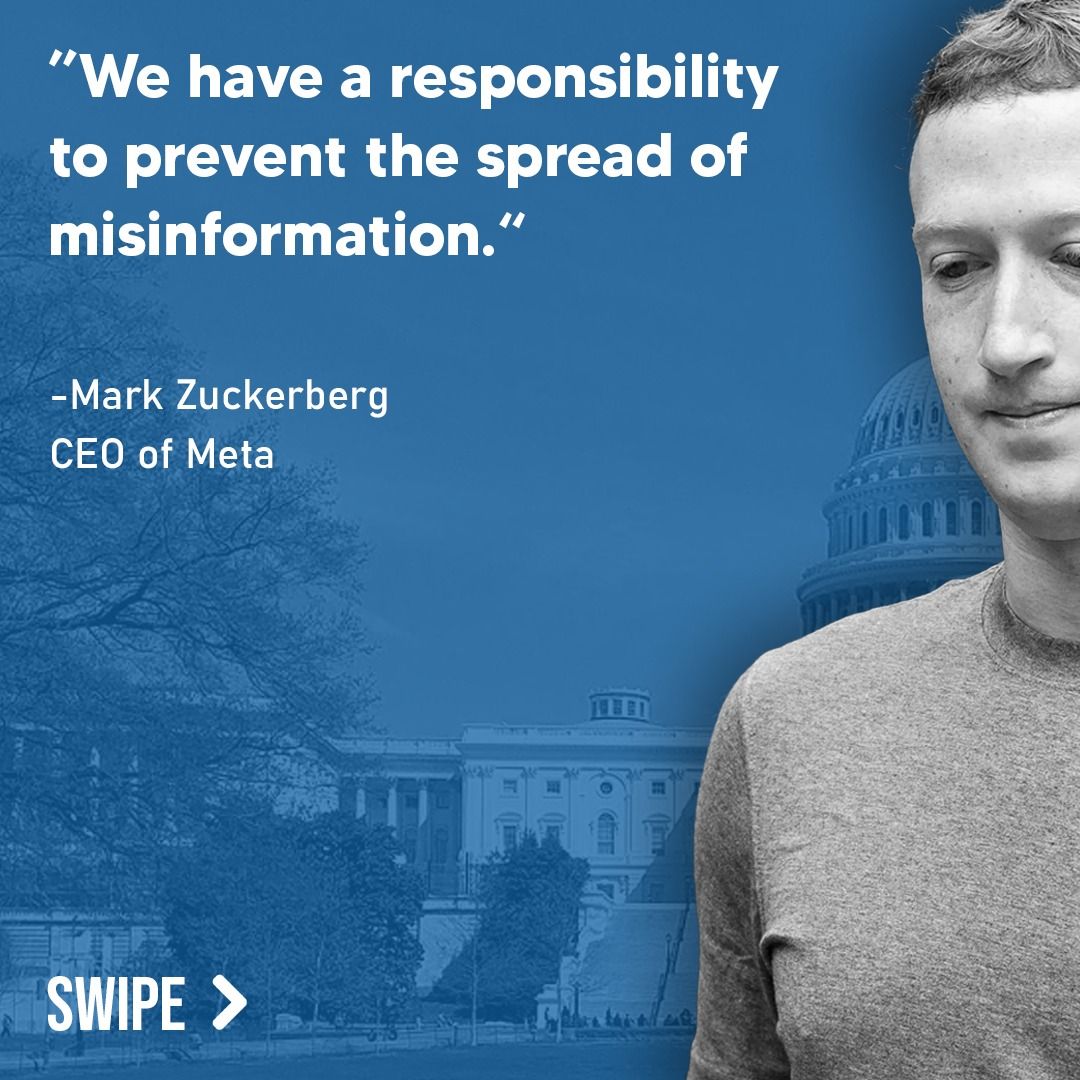“`html

Fact Check Analysis: Trump, TikTok Ban, and ByteDance Ownership
At DBUNK, one of our valued subscribers submitted a request to fact-check CNN’s article titled “Trump says he will ‘most likely’ delay TikTok ban temporarily, but has not made final decision.” Our mission is to analyze such articles and ensure readers have access to truth and context. You too can submit a request for free, and we will publish findings.
The original article, which can be found here, delves into the TikTok ban saga and President-elect Donald Trump’s potential actions post-inauguration. However, upon review, our analysis found several issues with misinformation, missing context, and narrative biases that need clarification for readers.

Identified Misinformation and Missing Context
1. Misleading Representation of Political Timelines
The article states, “President-elect Donald Trump said he will ‘most likely’ delay a ban on TikTok for 90 days after he takes office on Monday.” This statement raises two concerns:
First, Donald Trump was previously president, and referring to him as “President-elect” is misleading. He is re-entering office for a second term, not assuming the position for the first time. Accuracy and clarity in such terminology are critical when reporting on political figures.
Second, the article implies a new ban timeline starting with Trump’s inauguration, but fails to clarify that the ban was legislatively enacted during President Joe Biden’s term. This omits vital historical and political context, distorting how legislative responsibility is conveyed to readers.
2. ByteDance Rejection of U.S. Buyers Missing Context
The article mentions, “TikTok’s owner, ByteDance, has rejected would-be buyers… as it fights to stay online without any change in ownership.” While touching on ByteDance’s refusal to sell, the article neglects to address why the Chinese company has taken such a firm stance.
Our investigation reveals that ByteDance’s refusal connects to its valuation concerns and the app’s significant revenue from U.S. users, plus China’s strict export laws on algorithm-sharing technology. ByteDance must obtain Chinese government approval to sell intellectual property embedded in TikTok’s algorithm, complicating potential deals and revealing broader geopolitical tensions.
3. Claims About Supreme Court Ban Ruling Oversight
The article states, “The Supreme Court ruled 9-0 to uphold the ban, dashing hopes of a last-second judicial assist.” While the ruling is mentioned, it provides no insight into legal specifics, such as the grounds for the decision or why there was unanimous agreement. Without this, the context of the court’s action remains opaque, and the reader is left questioning the legal reasoning.
Additionally, the article omits that the court’s decision could stem, in part, from precedents affirming executive powers under the International Emergency Economic Powers Act (IEEPA). This law was apparently pivotal in Biden’s original signing of the ban, yet this information goes unacknowledged in the article.

4. Potential Bias in Portrayal of Trump’s Position
The article suggests that Trump is portraying himself as the “app’s savior” by including his Truth Social comment asking, “Why would I want to get rid of TikTok?” This emphasis risks painting Trump’s potential extension decision as opportunistic. While debate over political motivations is valid, the article fails to mention Trump’s long-standing emphasis on challenging China-related national security concerns, dating back to his first term. This oversight casts doubt on the narrative neutrality of the report.

Answering User Questions: Why Has ByteDance Refused to Sell TikTok?
Users have asked why ByteDance has consistently refused to sell TikTok despite looming bans and shutdown threats in the U.S. The answer lies in a mix of financial strategy, legal restrictions, and geopolitical influences. ByteDance views TikTok as a highly lucrative asset, with 170 million U.S. users contributing significantly to revenue. Selling to a U.S. company could reduce its influence in a key market.
More importantly, Chinese regulations mandate government approval for any sale involving advanced algorithms like the ones TikTok employs. ByteDance faces political and legal barriers beyond straightforward commerce, highlighting complexities beyond the narrative presented in the article.
Conclusion
The CNN article examining the TikTok ban and ByteDance ownership offers an engaging read but fails to provide the depth and neutrality essential for complete understanding. By leaving out essential legal and geopolitical context and employing selective phrasing for key public figures, the narrative may unintentionally mislead readers. Readers must remain vigilant, questioning what’s included and excluded in such discussions.
DBUNK invites all who value truth to stay connected on our social media platforms and download our app upon release for real-time fact-checking and misinformation analysis. Together, we can eliminate confusion and distill clarity from today’s noisy news environment.
“`

